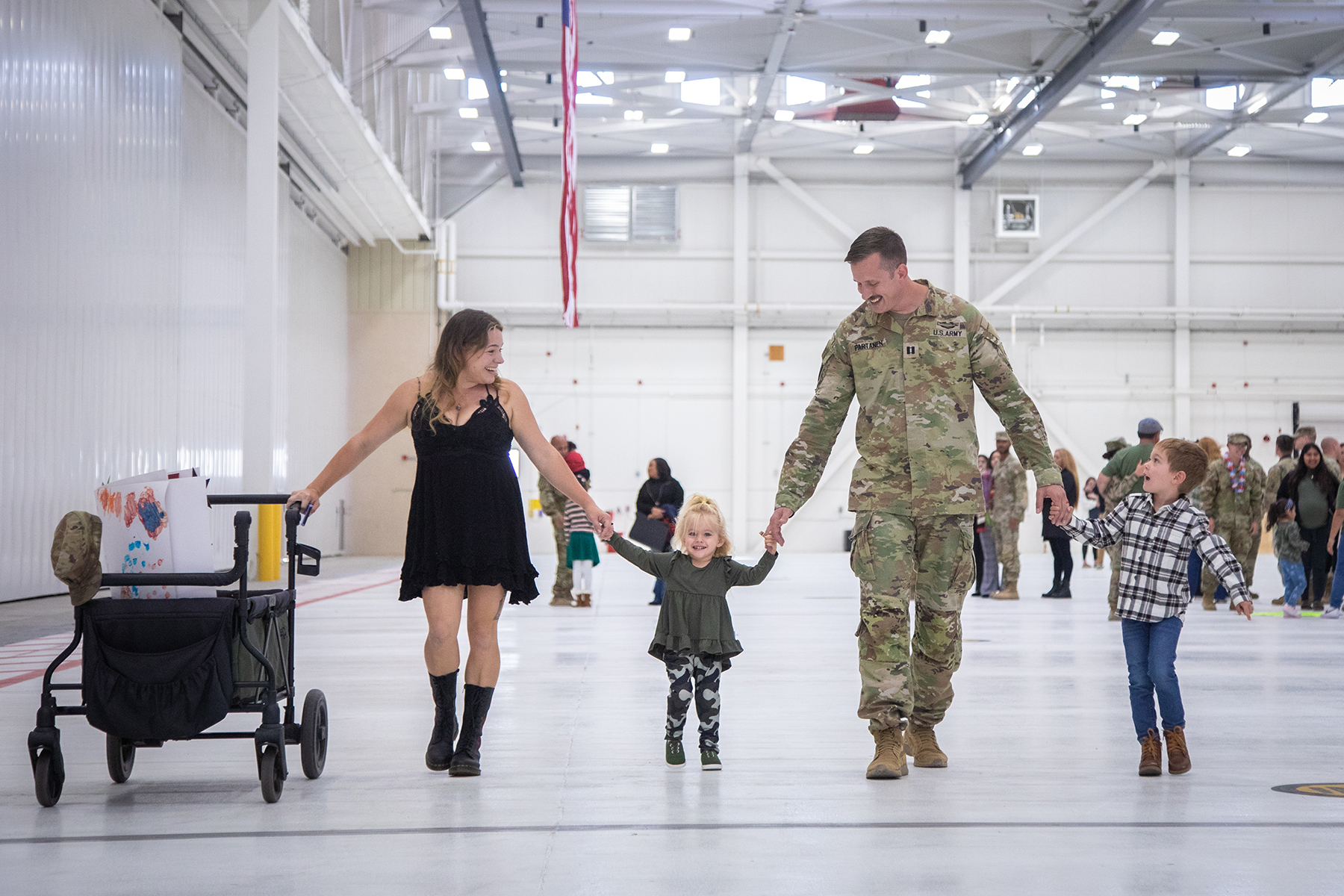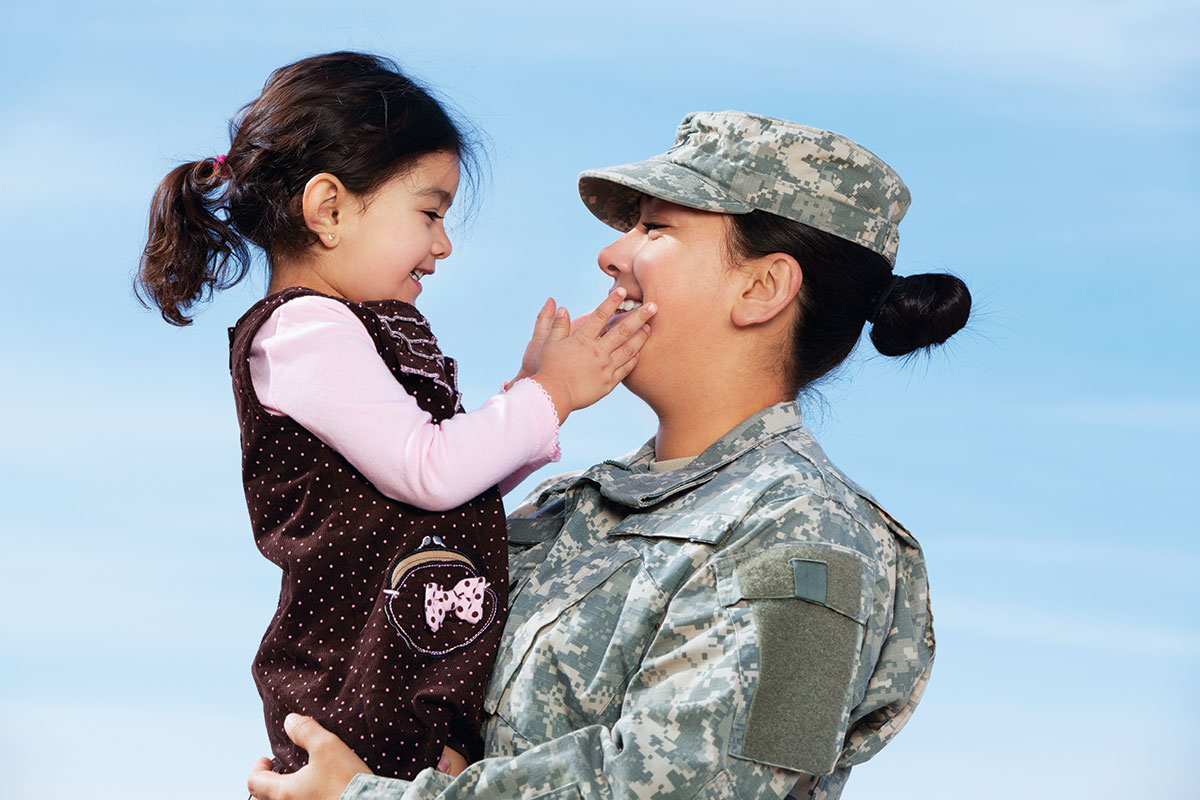Why Is Parenting Different in Military Households?
Parenting in military households involves unique challenges due to the balancing act between your service duties and family responsibilities. The emotional support needed, finding healthy outlets, and communication hurdles make this journey distinctive. Frequent relocations can impact your children’s academics and social skills, requiring extra support. During deployments, coping mechanisms and a solid support system become essential for managing parental roles. Discipline and structure are important to provide stability, while maneuvering military culture demands adaptability and teamwork. Understanding these dynamics will help you thrive in the complex yet rewarding world of parenting within a military setting.
Key Takeaways
- Balancing military duties and parenting requires unique time management skills.
- Deployments and relocations disrupt family routines, demanding adaptability.
- Support systems within the military community aid in parenting challenges.
- Military culture instills discipline and structure in parenting approaches.
- Communication challenges due to separations necessitate creative and resilient family dynamics.
Unique Challenges Faced by Military Parents

Military parents face a myriad of unique challenges that can greatly impact their parenting journey. One significant challenge is the need for emotional support. Balancing the demands of military service while also providing a stable and nurturing environment for your children can be emotionally taxing. It’s essential to find healthy outlets for your emotions, whether through connecting with other military families, seeking counseling, or engaging in self-care activities.
Another key challenge is maintaining parental communication. Deployments, frequent trainings, or long hours can make it difficult to stay connected with your children. Finding creative ways to communicate, such as writing letters, scheduling regular video calls, or leaving voice recordings can help bridge the physical gap and reassure your children of your love and presence in their lives.
Navigating these challenges requires patience, resilience, and a willingness to adapt. Remember, you aren’t alone in facing these obstacles, and seeking support from fellow military parents or professional resources can make a significant difference in your parenting journey.
Impact of Frequent Relocations on Children

Frequent relocations can have a significant impact on children, influencing various aspects of their lives and emotional well-being. When children have to move frequently due to a parent’s military service, it can disrupt their academic performance. Adjusting to new schools, curriculum differences, and making new friends can be challenging and affect their educational progress. This constant upheaval can lead to gaps in learning and difficulty in keeping up with their peers.
Moreover, the impact of frequent relocations extends to children’s social skills. Making friends, building relationships, and feeling a sense of belonging can be disrupted each time they have to move to a new location. This can result in feelings of isolation, difficulty in forming connections, and a sense of instability in their social lives.
As a parent in a military household, it’s essential to provide extra support, understanding, and opportunities for children to adapt and thrive despite the challenges of frequent relocations. Encouraging open communication, seeking out resources for academic continuity, and fostering resilience can help mitigate the impact of moving on children’s academic performance and social skills.
Balancing Parental Roles During Deployments

As a parent in a military household, managing parental roles during deployments can present unique challenges that require careful consideration and planning. Coping mechanisms and emotional support are crucial during this time.
It’s important to establish a support system of friends, family, or other military families who understand the demands of deployment. Maintaining routines can provide stability for your children amidst the changes.
Setting up regular communication with your deployed partner through calls, emails, or video chats can help bridge the distance and reassure both parents and children.
During deployments, balancing parental roles may mean taking on additional responsibilities while also ensuring that the absent parent remains present in the family’s daily life through pictures, videos, or voice messages. Open and honest communication about feelings and expectations can help strengthen the family bond.
Role of Discipline and Structure in Parenting

Establishing clear discipline and structure in your parenting approach is essential for creating a stable and nurturing environment for your children in a military household. Consistency and boundaries play a vital role in providing a sense of security and predictability for your children amidst the uncertainties that come with military life. By setting clear expectations and enforcing rules consistently, you help your children understand the importance of responsibility and respect within the family unit.
Communication is key when it comes to instilling discipline and structure. Explaining the reasoning behind rules and guidelines to your children can help them comprehend the significance of adhering to them. Encouraging an open dialogue where your children feel comfortable expressing their thoughts and concerns fosters a healthy parent-child relationship built on trust and understanding.
In a military household, where routines can often be disrupted by deployments and relocations, maintaining discipline and structure through effective communication and consistent boundaries can provide your children with a sense of stability and guidance as they navigate the challenges of military life.
Navigating Military Culture as a Parent
Understanding the unique customs and traditions of military culture as a parent requires adaptability and a deep understanding of the challenges and opportunities it presents for your family.
When navigating military culture, you’ll find a strong sense of community within the military network, providing support systems that can be invaluable in times of need. Being part of this community can offer your family a sense of belonging and access to resources that understand the demands of military life.
As a parent in a dual-career military household, you may face challenges balancing family responsibilities with the demands of two careers. Open communication with your partner, creating a flexible schedule, and utilizing available support services are crucial. Embracing the military culture’s emphasis on teamwork and adaptability can help you navigate these challenges effectively.
Frequently Asked Questions
How Does Military Life Impact a Child’s Social Development?
Military life can impact a child’s social development through deployments affecting stability and social skills. However, the military community provides unique support systems that can help kids navigate these challenges and foster resilience in social interactions.
Do Military Parents Face Unique Mental Health Challenges?
As a military parent, you may face unique mental health challenges due to the demanding nature of your role. It’s essential to have a strong support system and effective coping mechanisms to navigate any stigma surrounding seeking help.
What Resources Are Available to Support Military Families?
You can find valuable resources for military families like community support through programs, financial assistance, and counseling services. These services are designed to help you navigate the unique challenges that come with being part of a military household.
How Do Military Parents Handle Schooling Transitions for Kids?
During military deployments, managing schooling changes for kids can be tough. You’ll need to navigate parental absence, guarantee smooth education adjustments, and lean on available resources for support. Remember, you’re not alone in this journey.
Are There Specific Strategies for Coping With Parental Absence During Deployments?
During deployments, it’s essential to use communication techniques and emotional support. Maintain routines, involve your community. Stay connected through letters, calls, and video chats. Lean on friends and family for help. You’re not alone.
Conclusion
To sum up, being a parent in a military household comes with its own set of challenges and sacrifices. From frequent relocations to balancing parental roles during deployments, military parents must navigate a unique parenting landscape.
However, by prioritizing discipline, structure, and understanding the impact of military culture on their children, military parents can create a supportive and resilient family environment.
Your commitment and dedication as a military parent are truly commendable.

Chad Adan Kace, a young dad from Vermont, shares his parenting journey with a touch of humor and lots of love. Father to a lively baby, he explores the joys and challenges of fatherhood through his stories.







